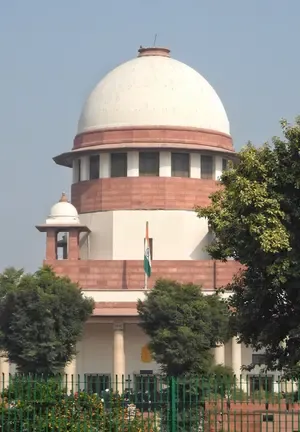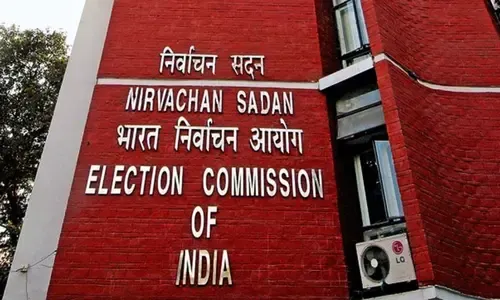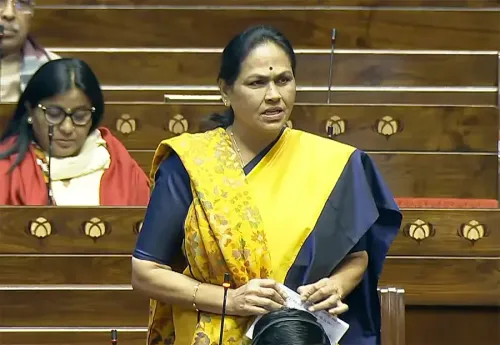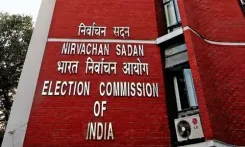Supreme Court Rules Against Electronic Notice Delivery by Police

Synopsis
Key Takeaways
- The Supreme Court has prohibited serving notices through WhatsApp.
- States and UTs must follow legal protocols for delivering notices.
- In-person delivery of notices is mandated under the law.
- Electronic means cannot replace traditional service methods.
- Recent rulings reinforce the need for compliance with legal standards.
New Delhi, Jan 27 (NationPress) The Supreme Court has expressed that the police force should refrain from delivering notices to accused individuals via WhatsApp or any other electronic means.
“All States and Union Territories (UTs) must issue a Standing Order to their respective police departments to serve notices under Section 41-A of CrPC, 1973 or Section 35 of BNSS, 2023 only through the prescribed service methods as outlined under the CrPC, 1973 or BNSS, 2023. It is explicitly stated that serving notices via WhatsApp or similar electronic options cannot be regarded as an alternative to the officially recognized service methods,” stated a bench comprising Justices MM Sundresh and Rajesh Bindal.
The Justice Sundresh-led bench emphasized that states and UTs must enforce an additional Standing Order directing police departments to issue notices to accused individuals solely through the legally prescribed service methods under the Code of Criminal Procedure (CrPC), 1973 or BNSS (Bharatiya Nagarik Suraksha Sanhita) 2023.
Senior advocate Siddharth Luthra, acting as amicus curiae (friend of the court), noted that the delivery of notices should be conducted in person, as mandated by law, rather than through WhatsApp or other electronic means.
Luthra pointed out that notices under Section 41-A of CrPC, 1973 were dispatched to the accused through WhatsApp, but the accused did not appear before the investigating officials, and consequently, no action was taken against the negligent officers.
He also highlighted a Standing Order from the DGP (Director General of Police) of Haryana, which permitted officers to deliver notices in person or through WhatsApp, email, SMS, or other electronic modes.
The amicus curiae referenced the ruling of the apex court in Satender Kumar Antil v. CBI (2022), which upheld the Delhi High Court’s position that notices served via WhatsApp or other electronic means do not align with the service methods outlined in Section 41-A of CrPC, 1973 (now Section 35 of BNSS, 2023) as they do not comply with Chapter VI of the CrPC, 1973 (now Chapter VI of BNSS, 2023) and therefore cannot be deemed a legitimate method of serving notice.
Furthermore, he referenced Section 532 of BNSS, 2023, which indicates that all trials, inquiries, and proceedings may utilize electronic means, but does not authorize the serving of notices under Section 35 of BNSS, 2023 via WhatsApp or similar electronic modes.










